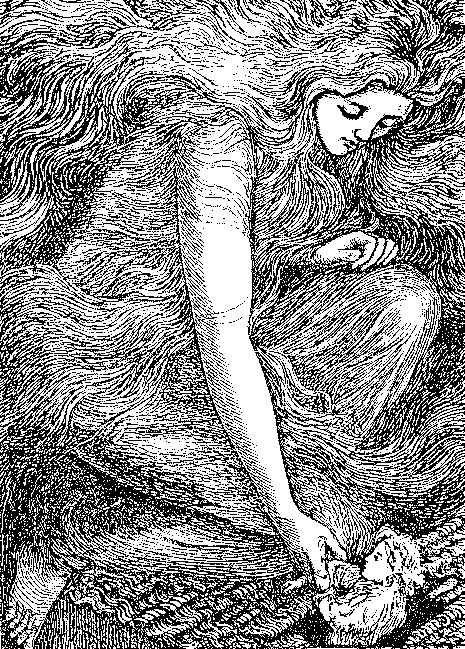Syllabus
C. S. LEWIS was one of the earlier critics of literary modernism and social science, rejecting the
notion that literature and society should be based on ideas imported from the natural sciences. In
opposition the standard narratives of historical progress he offered what he called “story,” or
what post-moderns now call “fabulation.” The stories Lewis told, while set in specific cultural
circumstances, were always intended to underscore the broad continuity of human experience across
history and geography.
Lewis was a man of his time and a bit of a modernist himself, as seen his commitment to “make it
new": like Yeats, Pound, or Eliot, he refashioned older works for modern readers, the difference
lying in his pre- (or post-) modern emphasis on narrative as a literary device. In this seminar we
follow his career as a novelist, early to late, as he refashioned classic works of 16th, 17th,
18th, and 19th century fiction into fables for modern times. To better elucidate what he was about,
we will read his autobiography, Surprised by Joy, a set of radio lectures published as The
Abolition of Man, and some of his seminal critical essays.
Students in the seminar will give oral presentations exploring how Lewis adapts his source texts;
these can make use of visual materials (book illustrations, for example). There will also be three
short assignments (3-5 pages) examining how these exchanges worked in the context of debates over
modernism. One of these shorter essays can be used as the basis for a 15pp seminar paper that
considers the formal and rhetorical strategies Lewis adopts in one of his polemical romances: why
infuse such literary and philosophical weight into (then) such sub-literary genres as allegory,
fairy tale, and science fiction? How did readers and critics respond?
Evaluation: presentation and participation: 20%, short essays, 40%, seminar paper, 40%.
Texts:
By Lewis:
Surprised by Joy (1955)
The Pilgrim's Regress (1933)
Space Trilogy (1938-45)
The Abolition of Man (1943)
The Lion, the Witch, and the Wardrobe (1950)
Till we have Faces (1956)
By others:
John Bunyan: The Pilgrim's Progress
Jonathan Swift: Gulliver's Travels
Edmund Spenser: The Faerie Queene
George Macdonald, The Princess and the Goblin
Apuleius, “Psyche" from The Golden Ass
Schedule:
Week 1 (Aug 23): Lewis, Surprised by Joy
Week 2 (Aug 30): Lewis, Surprised by Joy
Week 3 (Sept 6): Bunyan, Pilgrim's Progress; Lewis, Pilgrim's Regress
Week 4 (Sept 13): Lewis, Pilgrim's Regress
Sept 20: Essay I due
Week 5 (Sept 20): (Essay I) Swift: Gulliver's Travels, Book IV
Week 6 (Sept 27): Lewis, Out of the Silent Planet
Week 7 (Oct 4) Spenser, Faerie Queene Book II
Week 8 (Oct 11): Lewis, Perelandra
Oct 18: Essay II due
Week 9 (Oct 18): Lewis, The Abolition of Man, Lewis, That Hideous
Strength
Week 10 (Oct 25): Lewis, That Hideous Strength
Week 11 (Nov 1): Macdonald, The Princess and the Goblin
Week 12 (Nov 8): Lewis, The Lion, The Witch, and the Wardrobe
Nov 15: Essay III due
Week 13 (Nov 15): Apuleius, “Psyche”—Lewis, Till we have Faces
Thanksgiving Holiday (Nov 19-27)
Week 14 (Nov 29): Lewis, Till we have Faces
Week 15 (Dec 6): Lewis, Till we have Faces
Final essay due at end of classes.
